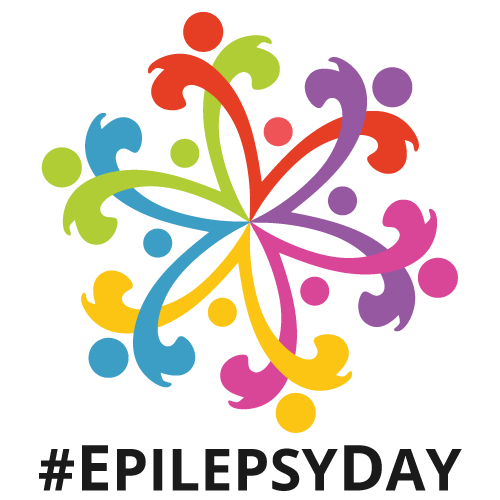More than 3.4 million people in the United States live with epilepsy, a neurological disorder that can cause seizures and violent muscle spasms. This February 12, International Epilepsy Day, patients come together to share their experiences – including the struggle to access necessary medication.

Controlling seizures makes everyday tasks easier for people with epilepsy. Yet they face an ironic and unexpected barrier: policies designed to curb prescription drug abuse.
As the nation’s drug abuse problem has intensified, more states have imposed strict regulations on prescription drugs that are vulnerable to abuse. One common move is implementing a state prescription drug monitoring program. Designed to aid doctors and pharmacies in identifying or avoiding drug abuse by patients, these programs can unintentionally complicate access to vital medicines for patients with epilepsy.
When epileptic patients can’t access their medicine, their risk of breakthrough seizures rises. That could mean injuries from falls, accidents while cooking or driving, even deadly incidents such as drowning in the bathtub. Patients risk hurting themselves and others. They also risk losing their independence.
While advocates press for policy changes throughout the year, International Epilepsy Day provides an opportunity to highlight their successes.
One recent example is from Pennsylvania. In December 2017, Governor Wolf signed the Epilepsy Exclusion Bill, which removed non-opioid, Schedule V drugs from the state’s drug monitoring program. Senator Yaw cited the need to “not to create unnecessary hurdles for patients to receive appropriate, prescribed, and often lifesaving medications,” as his reason for sponsoring the bill.
According to the Epilepsy Foundation, other states also have recently changed their laws related to epilepsy medication restrictions. Those include Connecticut, where PDMP query requirements were reduced for Schedule V epilepsy medications in 2016, and North Carolina, where exemptions for Schedule IV and V epilepsy medications were secured in 2017.
Efforts continue in other states as advocates work to ensure epilepsy patients can access the medications they need to live to their fullest potential.
Learn more about the experiences of those with epilepsy today on social media via #ShareMySeizure and #EpilepsyDay.

